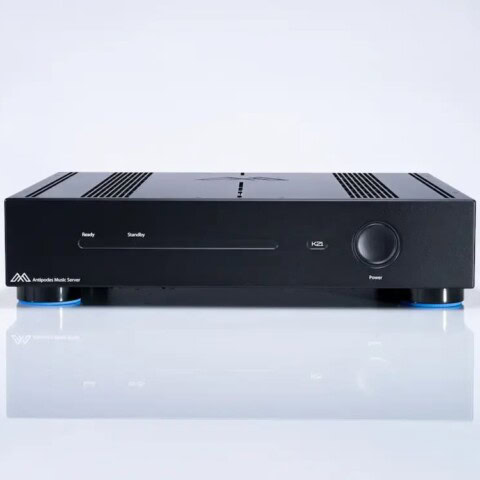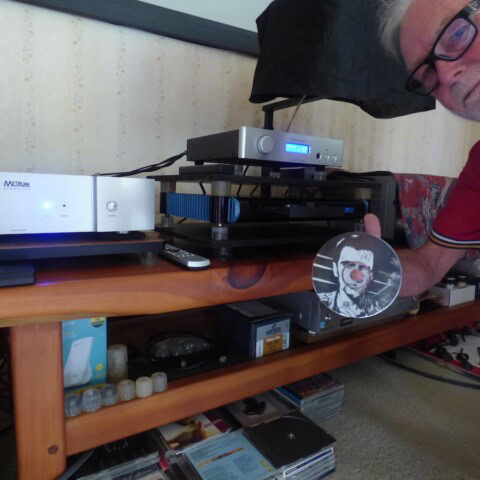Let’s face it, Television in New Zealand isn’t much chop. If the content we’re seeing via free to air channels isn’t a repeat, it’s more often than not low-fi, piece of imported budget reality TV rubbish.
Pay TV is marginally better, but then again it should be – we’re paying for it.
Because of this sad state of affairs, many kiwis are now using the internet as their VCR as this is the only way they can catch a show in a timely fashion. Thanks to the current state of play when it comes to TV in New Zealand, Joe and Joanne public have two options: download and watch a show now, or wait months (if not years) to see it if one of the TV networks decides to carry it.
All told, it’s an ugly situation and until now, these have been the only options available.
Thankfully technology is not standing still and a new technology demonstrated at the SF MusicTech summit by the inventor of the peer to peer bittorrent protocol looks set to turn broadcast TV on its head.
BitTorrent Live was showcased by BitTorrent inventor, Bram Cohen and the bit that has everyone so excited is that it lets anyone stream video to millions of people at good quality and with just a few seconds of latency incredibly cheaply compared to traditional streamed or broadcast media. Cohen is bullish about the outlook of BitTorrent Live, saying that “My goal is to kill off television” and he might just be able to do that.
Historically, the move to online video streaming has slow because the bandwidth, and servers required have cost huge amounts of money compared to existing television broadcasting setups. With BitTorrent Live, bandwidth is shared amongst everyone watching the video, so costs are dramatically reduced as viewers stream the content to each other just like in a peer to peer download rather than all simultaneously pulling the video of a centralised server which results in the broadcaster being stung with big bandwidth bills.
From a technology perspective, Cohen appears to have pulled off the tricky feat of allowing millions of people to share a live video feed with minimal latency or lag. For non profit operators, adopting Live BitTorrent is likely to be a complete no brainer as they’ll be able to migrate to BitTorrent Live technologies at no cost. Commercial networks showing adverts however, will have pay a relatively inexpensive licensing fee. A software developers kit has already in the works, and TV studios wanting BitTorrent Live are already making approaches to Cohen.
So what does this potentially mean for traditional TV? BitTorrent Live is potentially great news for viewers because they’ll be able to catch a show no matter where in the world it goes to air because the video is being “transmitted” via the internet. For TV networks, the news is not so great. If viewers can easily catch high rating shows online, already cash strapped networks will have little incentive to keep buying these shows which could in turn see them struggling to attract viewers who’ve probably already migrated online. It goes without saying that this could also see advertisers choosing to spend online rather than with traditional broadcasters.
















